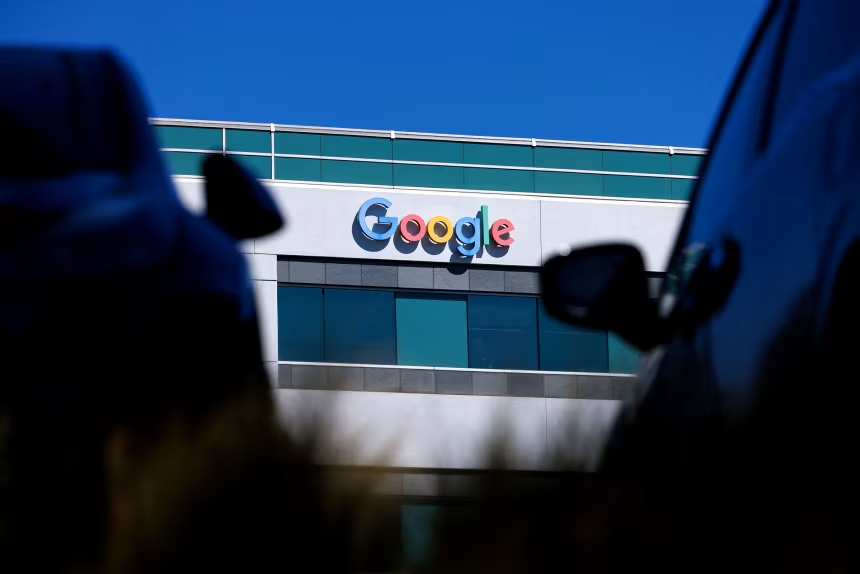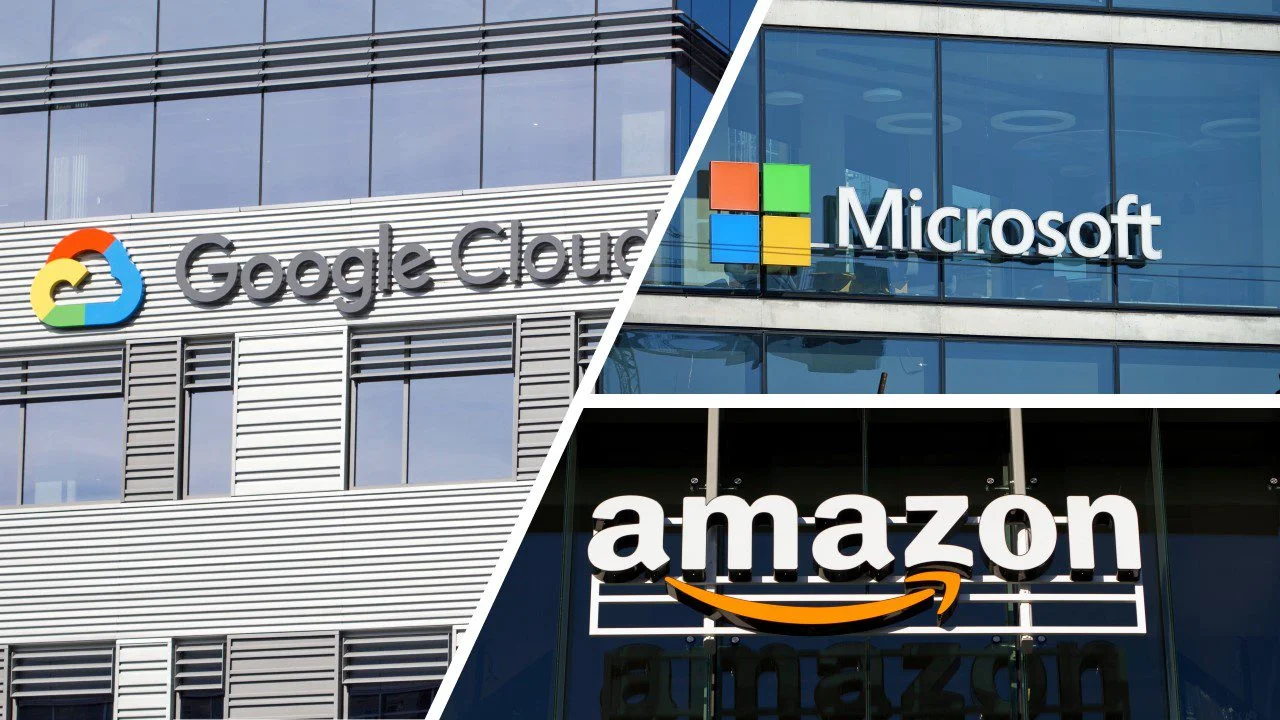Google has avoided the harshest outcome in its long-running U.S. antitrust battle. A federal judge ruled that the company will not be forced to sell off its Chrome browser or Android operating system, despite years of scrutiny over its dominance in digital markets.
The decision is a partial win for Google’s parent company, Alphabet. Regulators had argued that Google’s control over search, Chrome, and Android created unfair advantages that locked out competitors. While the court stopped short of ordering a breakup, it imposed new restrictions designed to curb Google’s influence.
Among the changes, Google is now barred from exclusive contracts that guarantee default placement of its services—like Search, Chrome, or Gemini—on devices. The company must also share key search data and indexing tools with qualified rivals, opening the door for smaller players to better compete.
Notably, Google can still pay companies, including Apple, to make its search engine the default option on devices, but exclusivity is no longer allowed. This means users may see more alternatives when setting up their phones or browsers. The ruling also highlighted the importance of preventing Google’s dominance in traditional search from spilling over into the fast-growing artificial intelligence market.
Investors cheered the outcome. Alphabet’s stock surged nearly 8% after the announcement, while Apple’s shares also climbed as their lucrative default search arrangement survived in a modified form. For the broader tech industry, the case sets a precedent: regulators may not dismantle giants outright, but they will reshape how their power is exercised.
The ruling underscores a new era for Big Tech—where keeping core businesses intact comes with stricter rules and closer oversight. For Google, the message is clear: its empire is safe, but the age of unchecked dominance is over.



